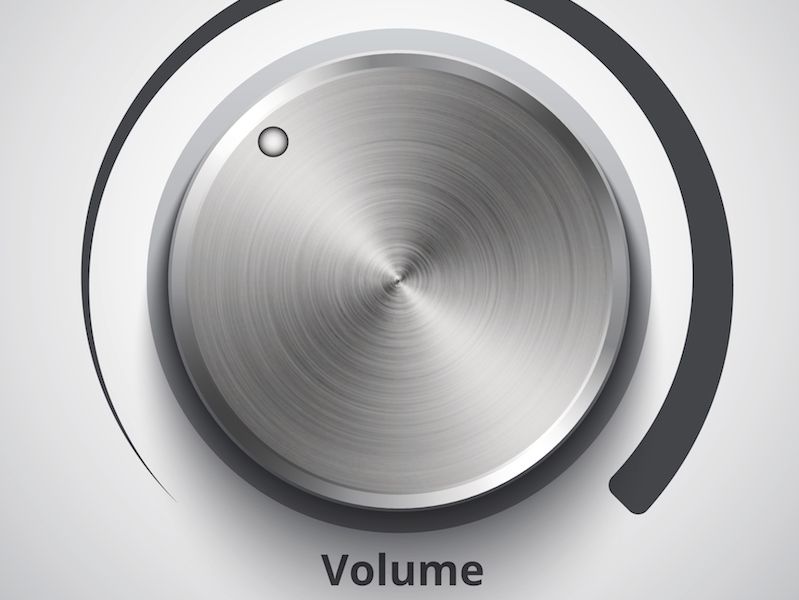

Have you ever noticed the “Beware of Sharks” sign when you’re at the ocean? It’s not really a sign you dismiss. A warning like that (specifically if written in huge, red letters) might even make you rethink your swim altogether. But people don’t tend to pay attention to warnings about their hearing in the same way for some reason.
Current studies have found that millions of people ignore warning signs regarding their hearing (there’s little doubt that this is a global challenge, though this research was specifically conducted in the UK). Part of the issue is awareness. To be afraid of sharks is rather intuitive. But the majority of individuals don’t have an overt fear of loud noises. And the real question is, what volume level is too loud?
Your hearing isn’t just in danger at a rock concert or construction site (although both of those situations are, indeed, harmful to your hearing). There are potential hazards with many every-day sounds. That’s because it’s not exclusively the volume of a sound that is dangerous; it’s also how long you’re exposed. Even lower-level sounds, such as dense city traffic, can be damaging to your hearing when experienced for more than a couple of hours.
Generally, here’s a rough outline of when loud becomes too loud:
Generally speaking, you’re hearing is in peril when you’re dealing with any sound 85 dB or louder. The issue is that it isn’t always apparent just how loud 85 dB is. It’s not tangible the way that a shark is tangible.
And that’s one of the reasons why hearing warnings frequently go ignored, especially when the sound environment isn’t loud enough to cause pain. Here are a couple of possible solutions:
No app and no signage will ever be perfect. So take the time to safeguard your ears if you have any doubt. Over a long enough period of time, noise damage will almost certainly create hearing problems. And it’s easier than ever to harm your ears (all you need to do is turn your earpods up a little too loud).
If you’re listening to headphones all day, you should not raise the volume past the half way. You need noise cancellation headphones if you are constantly turning up the volume to cover up background noise.
That’s why it’s more important than ever to identify when the volume becomes too loud. And to do this, you need to increase your own awareness and knowledge level. It isn’t hard to limit your exposure or at least use hearing protection. But you have to know when to do it.
Nowadays that should also be easier. That’s even more accurate now that you have some awareness.
Schedule a hearing test today if you think you might be suffering from hearing loss.
The site information is for educational and informational purposes only and does not constitute medical advice. To receive personalized advice or treatment, schedule an appointment.